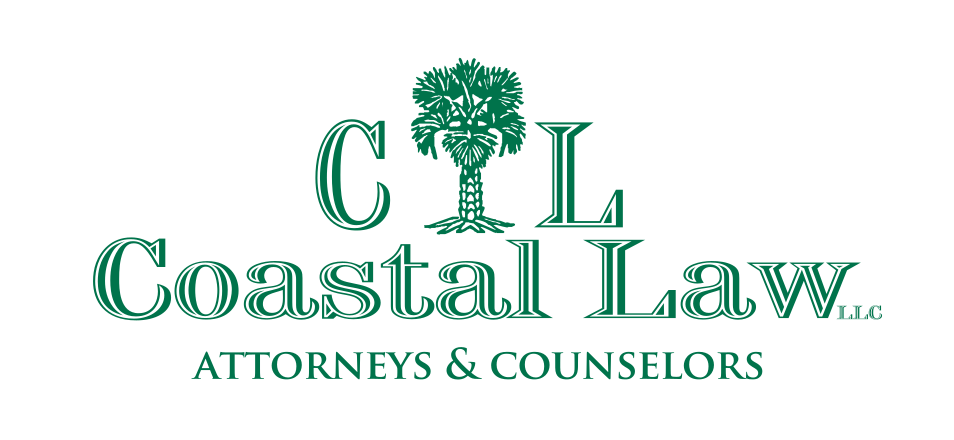Nationwide, interest in farming hemp has been growing over the last decade, along with confusion as to whether industrial hemp is legal under state and federal laws.
Hemp is a variety of the marijuana plant that is grown with a minimal THC content – it is non-psychoactive and cannot get people high. So, why do people want to grow hemp?
Is it legal? It’s a complex question that hemp advocates and hemp detractors give different answers to. The truth is that it is currently legal to grow hemp under a 2014 federal law, but only if it is grown for research purposes and pursuant to a state research program that is subject to strict controls and oversight.
Why Grow Hemp?
Many farmers want to grow industrial hemp so that Cannabidiol (CBD), a non-psychoactive cannabinoid found in hemp (and marijuana) can be extracted from it and sold commercially.
CBD is not marijuana. It is not THC (tetrahydrocannabinol), it is not dangerous, and it cannot be used to get high. The legality of CBD in South Carolina and under federal law is a complex question, but it is generally accepted that pure CBD is not a controlled substance.
Hemp has many other uses, too many to list here, but they include:
- Paper made from hemp is stronger, more durable, and doesn’t require the destruction of forests across the world;
- It is a clean-burning fuel that could replace gasoline and drastically reduce carbon emissions;
- Hemp revitalizes soil through aeration and carbon dioxide deposits, and is ideal for crop rotations;
- Hemp fibers are incredibly strong and are used to make clothing, ropes, and ship sails; and
- Hemp seeds can be eaten or used to make oils for food, hair, skin care, or detergents.
The 2014 Farm Bill Did Not Legalize Hemp Farming
Since its passage, many hemp and CBD advocates have argued that section 7606 of the 2014 Farm Bill removed hemp from the controlled substances act and made it legal to grow hemp.
The Farm Bill did not make hemp legal or remove it from the Controlled Substances Act.
The law removed industrial hemp, with a THC content of less than .3 percent, from the Controlled Substances Act, but only when: 1) it is grown or cultivated for purposes of research, and 2) it is allowed under the laws of the state where it is being grown for research purposes.
The law is clear – it legalizes industrial hemp, but only when it is grown under state law for research purposes and in compliance with that state’s laws and regulations…
But, the 2018 Hemp Farming Act Might…
The 2018 Hemp Farming Act proposes to:
- Authorize the growing of hemp with a THC content of no greater than .3 percent in states or on tribal land if it is legal under local state or tribal law – the federal law does not “preempt” local laws;
- Authorize federal crop insurance for hemp growers;
- Specifically exclude hemp from the definition of marijuana in the Controlled Substances Act; and
- Specifically exclude THC in hemp from the definition of THC in Schedule I.
It has passed the Senate and is currently waiting for approval by the House of Representatives – if it passes, it will effectively legalize hemp farming if hemp farming is legal in your state.
Hemp Farming in South Carolina
Currently, you can grow industrial hemp in South Carolina only if it is done with a permit from the SC Dept. of Agriculture (SCDA) pursuant to SC’s pilot hemp farming program – last year the SCDA received 131 applications and approved 20 permits, although the legislature authorized as many as 40 permits for 2018.
Do I Need Legal Advice if I Want to Grow Hemp in SC?
If you intend to grow industrial hemp, extract CBD oil, or sell CBD products, you are entering a legal minefield filled with changing laws and changing interpretations of the current laws – do you want to lose your investment or risk going to jail?
At Coastal Law, we represent small businesses, and we support CBD providers, retailers, and hemp farmers. If you are going to grow hemp or sell CBD in South Carolina, we can help you to understand the current laws and how to stay in compliance with state and federal regulations.
Call now at (843) 488-5000 or email us through our website to set up a consultation and find out how we can help.


